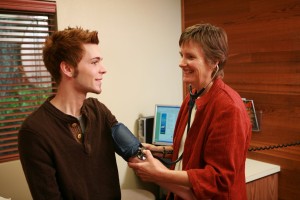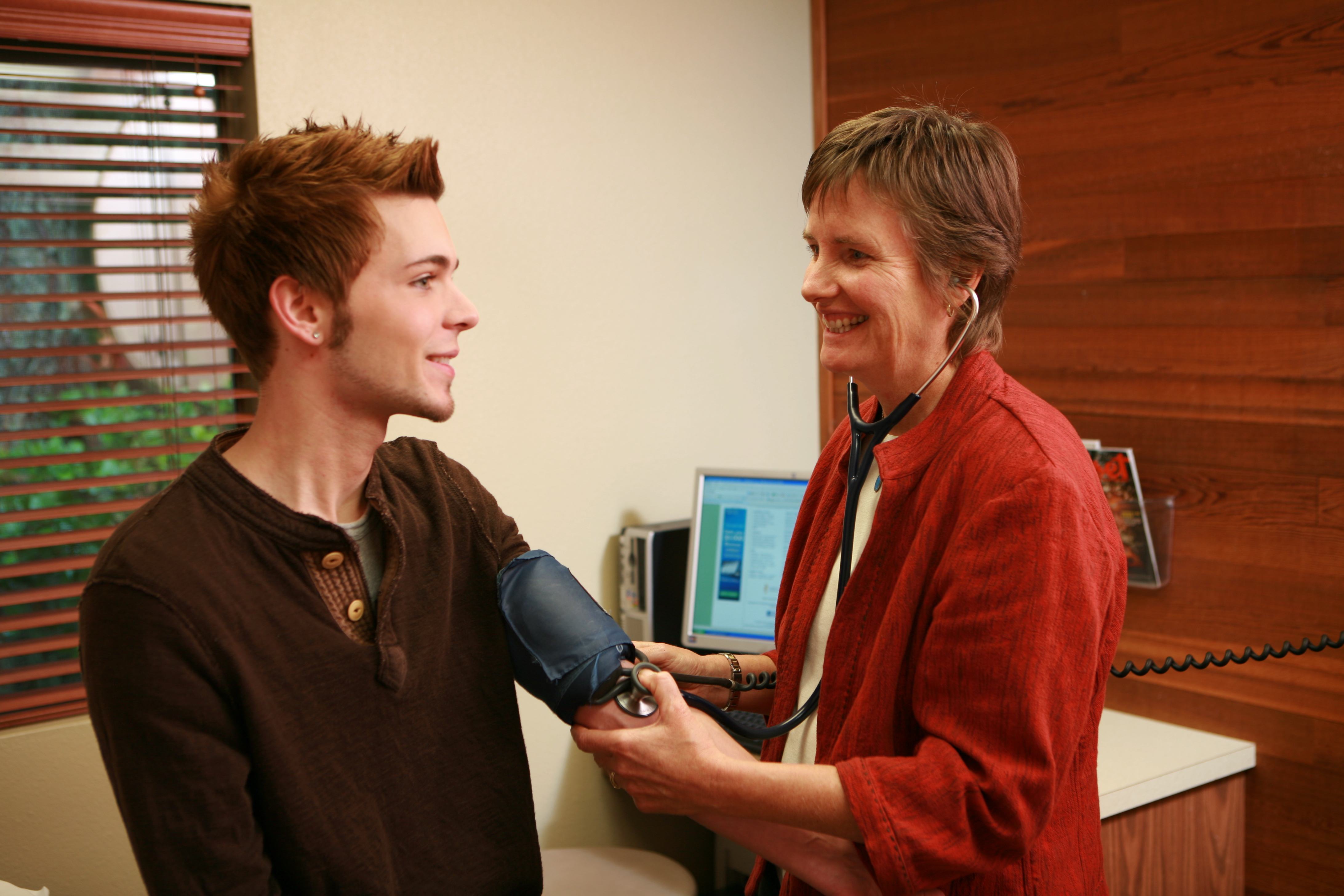Submitted by Dr. Samantha Richie for Vantage Physicians

Aspirin is a medicine that has been around a long time. The active ingredient in aspirin, salicylic acid, was discovered from the bark of a willow tree in 1763. Aspirin is inexpensive and not flashy, but some evidence now implies more people who are over 50 should be on it.
Aspirin can relieve pain and can stop platelets from sticking together too much, thus decreasing the risk of heart attacks. On the other hand, it can also cause bleeding, especially in the GI tract, such as bleeding gastric ulcers.
There was a recent article in UptoDate, entitled “Aspirin In the Primary Prevention of Cardiovascular Disease and Cancer.” The article caught my eye, because it was in the category of “practice changing updates.”
The big question is whether or not the risks of aspirin outweigh the benefits. On the benefits side, more and more evidence is showing that aspirin may not only decrease cardiovascular disease, but ALSO decrease cancers. Worldwide, 24% of all deaths are from cardiovascular disease, and 13% are from cancers. If a medicine can decrease both, perhaps the benefits outweigh the risks.
We have known for quite some time aspirin can decrease the risk of colon cancer. Now we know that it may decrease the risk of other cancers too, such as female gynecologic cancers, lymphomas and sarcomas. The evidence is not as strong, but some studies point to an overall mortality relative reduction of 6-8% for those on aspirin. However, you need to be on aspirin for at least five years on a daily basis in order to reap these benefits.
So should a healthy person who is 50 go on aspirin? Maybe. They should at least have a discussion with their doctor about it. If they have no history of cardiovascular disease or cancer, and no excess risk of bleeding, then the evidence points to the following benefits and risks:
• 20% relative risk reduction in nonfatal heart attacks
• no significant effect on non-fatal stroke
• 12% relative risk reduction in cancer incidence
• 50% increased risk of non-fatal bleeding
• a possible overall relative reduction in all cause mortality of 6-8%
In real numbers, the benefits and risks are pretty small. For example, if 1000 people at age 60, who had no known heart disease or increased bleeding risk, took a baby aspirin every day for 10 years, we would expect 6 fewer deaths, 19 fewer non-fatal heart attacks, 14 fewer cancers, no significant reduction in non-fatal strokes, and 16 more major bleeds that require transfusion and/or hospitalization.
Is the risk of bleeding worth it in order the get the small benefit of fewer heart attacks and less cancers? Maybe. That’s a discussion you should have with your doctor.
360-438-1161
3703 Ensign Road Suite 10A
Olympia, WA 98506
info@vantagephysicians.net
















































